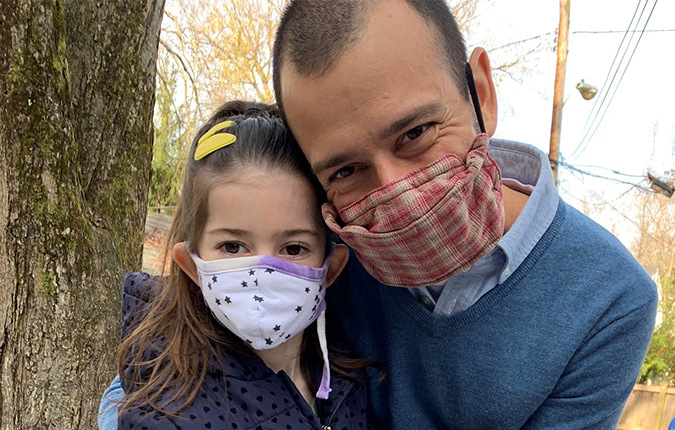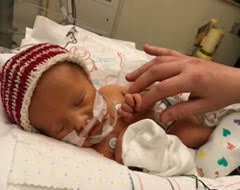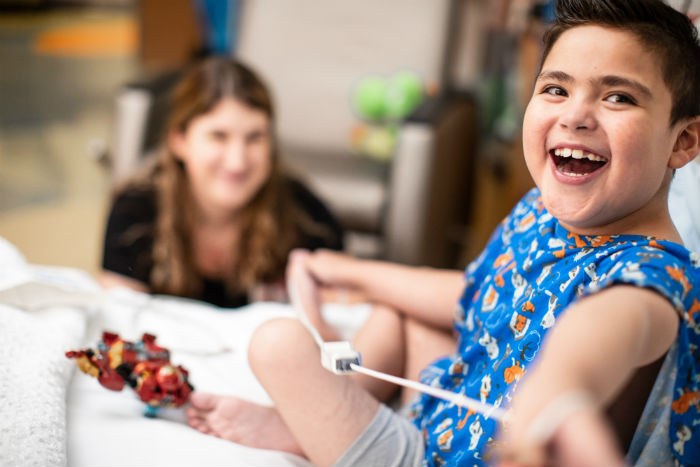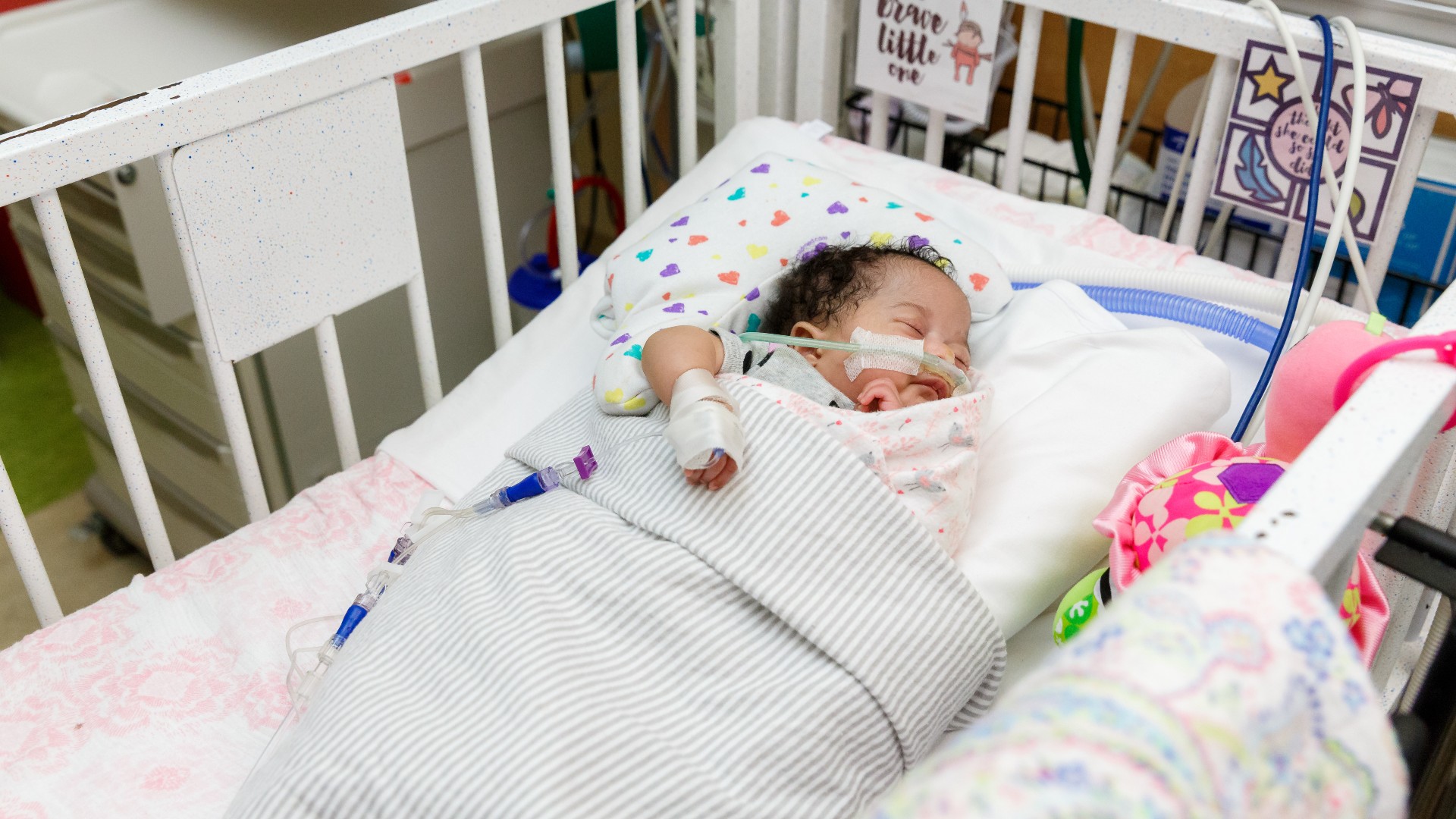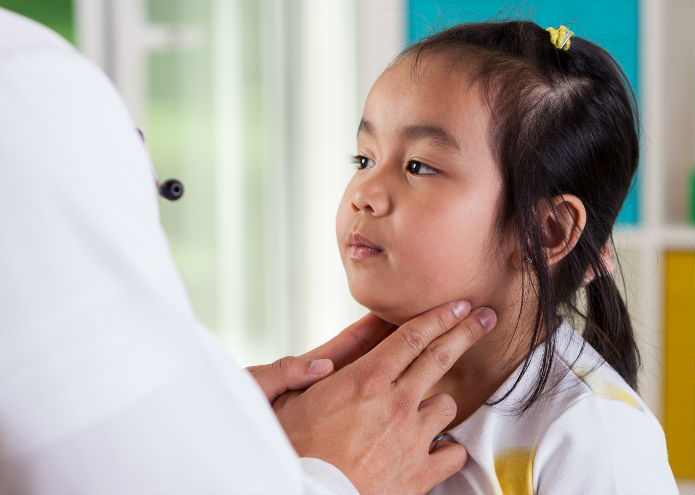Condition
Pediatric Tracheoesophageal Fistula and Esophageal Atresia
What You Need to Know
Tracheoesophageal fistula (TEF) is an abnormal connection in one or more places between the esophagus.
Key Symptoms
Symptoms may include frothy, white bubbles in the mouth, coughing or choking while feeding, and other symptoms.
Diagnosis
Your child's healthcare provider may perform a physical exam, take X-rays or perform other examinations.
Treatment
If your baby has TE fistula or esophageal atresia, he or she will need surgery to fix the problem.
Schedule an Appointment
Our pediatric specialists provide personalized care for your child’s physical, mental and emotional health needs. Meet our providers and schedule an appointment today.
Frequently Asked Questions
What is tracheoesophageal fistula or esophageal atresia?
What causes tracheoesophageal fistula or esophageal atresia in babies?
Which babies develop tracheoesophageal fistula or esophageal atresia?
What are the symptoms of TE fistula or esophageal atresia in babies?
How is TE fistula diagnosed in babies?
How is TE fistula or esophageal atresia treatment in babies?
Could my child have problems in the future after a TE fistula?
Meet the Providers Who Treat Tracheoesophageal Fistula and Esophageal Atresia
Departments that Treat Tracheoesophageal Fistula and Esophageal Atresia

Rare Disease Institute - Genetics and Metabolism
Children's National Rare Disease Institute (CNRDI) is a first-of-its-kind center focused exclusively on advancing the care and treatment of children and adults with rare genetic diseases.

Help Kids and Make a Difference
Invest in future cures to help children have brighter futures.






